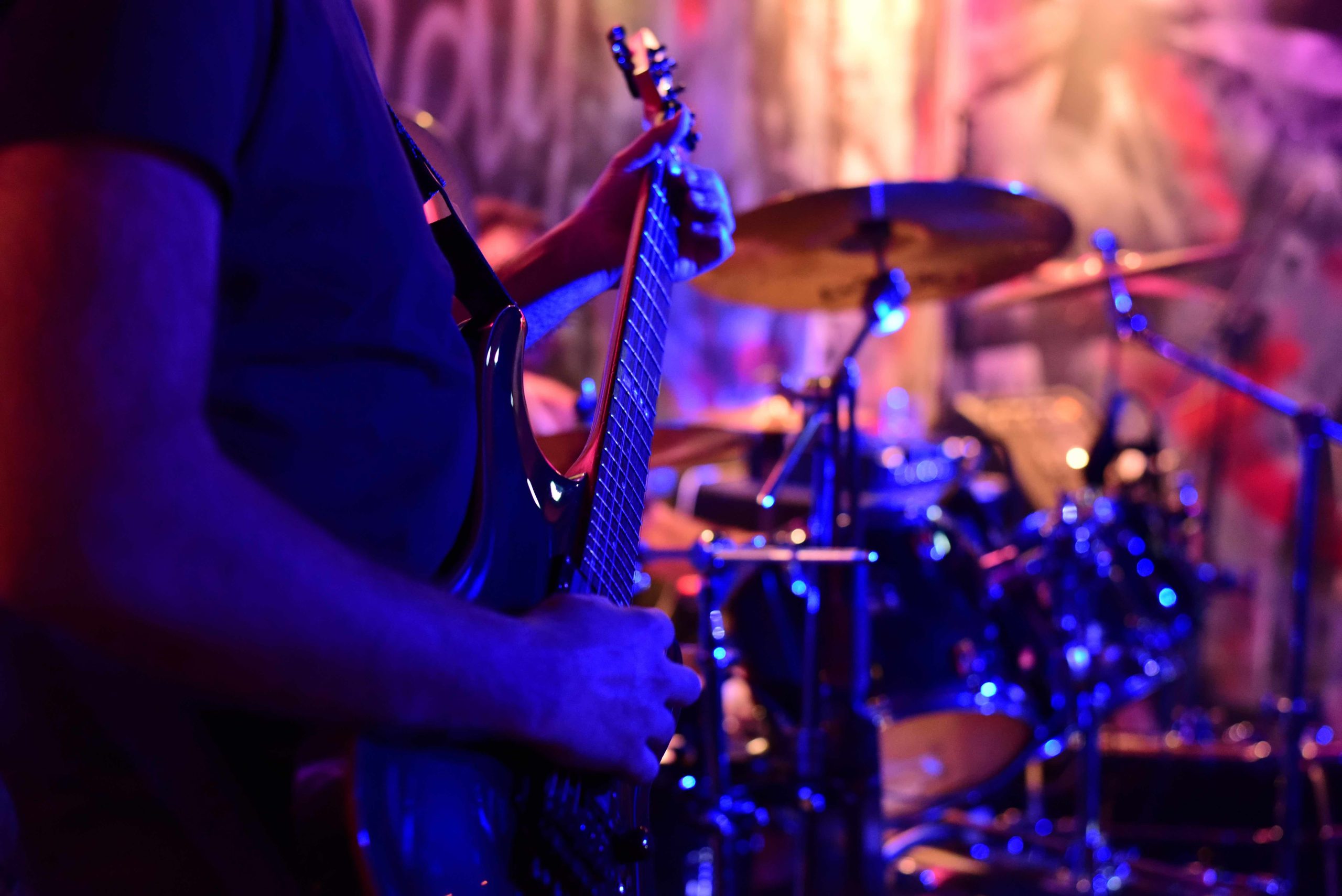
This year’s Independent Venue Week is both its largest and its most imperative. The sticky floors of a small, local venue may not be to everyone’s tastes, but they play a vital role in the chain of live music in this country.
Without them, those who do make it to the top – to the more plush venues like O2 or Roundhouse – would have had little chance to cut their teeth beforehand, to make mistakes, to learn how to forge a special bond with their audience.
Beabadoobee, Filipino-British singer-songwriter and an Ambassador of Independent Venue Week, has spoken of the importance of such venues “giving young emerging artists a starting point in their career.

Beabadoobee, an Ambassador of Independent Venue Week, has stressed the need to keep live independent music venues going.
“I will never forget my first gig at The Boileroom in Guildford,” she added, “where I jumped on stage with my friends for three songs or my first proper beabadoobee headline show at the Old Pancras Church in Kings Cross.
“My first and earliest gigs will always be some of my most precious memories. We need to do our best to keep these venues up and running and I want to help shine a light on how important independent venues really are to artists’ careers.”
Mercury Prize-winning trio Young Fathers, meanwhile, who met at “the old-old Bongo Club” in Edinburgh have said: “We cut our teeth in small independent venues. There’s no rehearsal room that can match a venue. Whether empty or full. The things you think will work that don’t and vice versa.
“The moments in between songs, the silence, the applause, the people chatting at the back, the sound being terrible, the power going off. How to deal with it, how to play with it. There’s nothing that gives you a greater experience of performing live more than the experience itself.”

Yet despite the celebration of its tenth year, Independent Venue Week isn’t exactly having the happiest of anniversaries. Boasting a record 308 venues signed up to the scheme this year, which will host some 570 in total, this impressive collective force is as much about making as loud a statement over the future of live music as possible.
An initiative that doesn’t just celebrate the venues, but also “the people that own, run and work in them”, it’s a week to commemorate venues from the 3,000-capacity Troxy, a Grade II-listed Art Deco building, to the 35-capacity Grayston Unity adjoining Halifax’s Wesley Court car park.
Despite these venue’s considerable difference in size, both are part of the same fragile economic ecosystem that’s experienced a double blow from rising energy costs and a cost-of-living crisis affecting the amount of punters through the doors. All of this comes, of course, after a once-in-a-century virus that brought the sector to a standstill.
A survey from the Music Venue Trust (MVT) in August, for instance, found that grassroot music venues faced an average rise in their fuel bills of 316% – from a cost of around £1,245 to £5,179 per month – based on the 941 venues it surveyed.

As a result, it estimated that some 30% of the entire network of live music venues were on the brink of closure, with UK Music Chief Executive Jamie Njoku-Goodwin decrying the “existential threat” currently facing the sector.
Managers at the Crauford Arms in Milton Keynes, meanwhile, recently reported to The Independent that they face an eye-watering increase in their electricity bills from £16,000 to £72,000.
Admittedly, the threat to live music could well easily fall under the category of ‘first world problems’. Seeing bands, young and old, after all is something of a luxury and in the economic downturn the UK’s currently experiencing, everyone’s feeling the pinch. So much for hearing of people having to cut back on going to shows, for many people it’s more a matter of cutting back on meals.
But even beyond the immeasurable social value live music provides, at its most crude level – the financial impact to the economy – it’s a scene worth saving. In 2021, for instance, the music industry contributed £4 billion to the UK economy in terms of Gross Value Added (GVA) – an increase of 26% on the previous year. (This was still 31% down on the £5.8 billion the industry contributed in 2019, though, as an indicator of the pandemic’s effects).

Granted, this includes the higher commercial end of the industry, but as aforementioned, without the pipeline of talent being supported from the ground up, live music as a whole faces the prospect of stagnating.
As Exchange Bristol told whynow: “It’s important every year but needless to say things are not getting easier for so many people and industries… spotlighting the work of independents is vital to keeping the industry alive. Grassroots venues are where it all starts and in the economic situation we are in, it’s vital to vote with your feet and wallets to keep the arts and, particularly independent art spaces and venues, alive.
This year’s IVW pays homage to both young and old. There are shows on by those who’ve faced the benefit of grassroots venues, such as Suede and Radiohead’s Philip Selway, to those who seek their continued existence to thrive, including the likes of acts English Teacher, The Murder Capital and Sprints.
Such a lineup of gigs might all be crammed into this week, but the intention is no doubt to show that the venues in which they play will need help to survive well beyond.
For a full fixture list of shows this week, see here. Fans are also being asked to share their experiences at shows this Independent Venue Week by posting photos and videos online using the #IVW23 and #10YearsofIVW hashtags.




